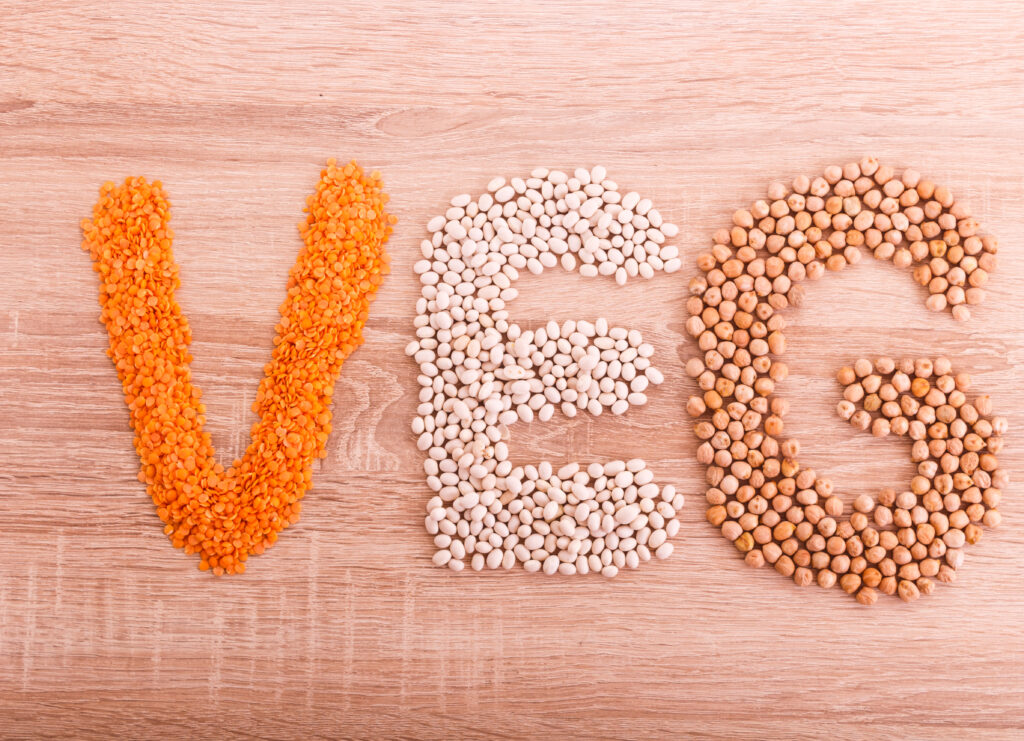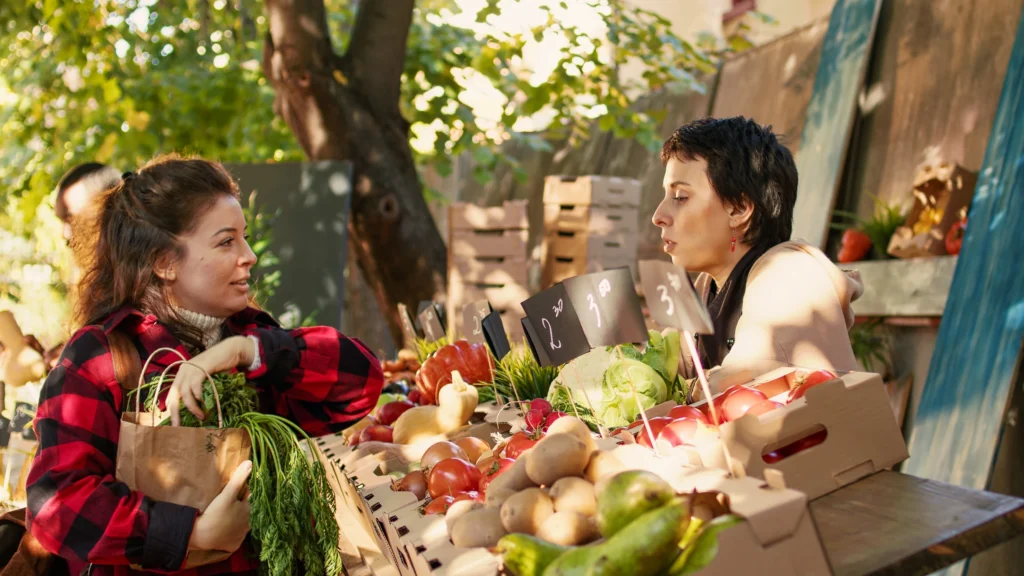Switching to a plant-based diet or looking to add more vegan-friendly options to your pantry? Stocking your kitchen with the right groceries can make plant-based eating simpler, more enjoyable, and nutritionally balanced. Whether you’re a longtime vegan or just starting out, having a well-rounded grocery list ensures that you always have the essentials for healthy and satisfying meals.
This guide will walk you through everything you need to know about building a plant-based grocery list, from fresh produce to protein sources and budget-friendly shopping tips. Let’s dive in!
What Groceries Should You Buy for a Plant-Based Diet?
A well-stocked plant-based kitchen includes a mix of fresh ingredients and pantry staples. Here’s what to look for when shopping:
Fresh Produce
Fruits and vegetables should take up most of your cart. The more variety, the better!
- Leafy greens: Spinach, kale, romaine, arugula
- Cruciferous veggies: Broccoli, cauliflower, cabbage
- Root vegetables: Carrots, sweet potatoes, beets
- Fruits: Apples, bananas, berries, citrus, avocados
- Alliums: Onions, garlic, shallots
Whole-Grain Products
Whole grains are nutrient-rich and provide long-lasting energy. Choose minimally processed options.
- Brown rice
- Quinoa
- Oats
- Whole wheat bread and pasta
- Barley, buckwheat, bulgur
Legumes
Beans and lentils offer protein, fiber, and essential nutrients. Keep a variety on hand.
- Black beans
- Chickpeas
- Lentils (red, green, brown)
- Kidney beans
- Edamame
Nuts and Seeds
Great for snacks, smoothies, and adding texture to meals.
- Almonds, walnuts, cashews
- Chia, flax, and hemp seeds
- Pumpkin and sunflower seeds
- Peanut, almond, and cashew butter
Pantry Staples
These basics make plant-based cooking much easier.
- Canned tomatoes, coconut milk
- Vegetable broth
- Nutritional yeast (cheesy flavor boost)
- Herbs and spices (paprika, cumin, turmeric)
- Vinegars (apple cider, balsamic)
Plant-Based Protein Sources
Eating enough protein on a plant-based diet is simple when you focus on high-protein whole foods.
Legumes and Beans
Beans and lentils pack in protein along with fiber and minerals.
- Black beans: 15g per cup
- Lentils: 18g per cup
- Chickpeas: 14g per cup
Nuts, Seeds, and Nut Butters
These add protein, healthy fats, and a great crunch.
- Chia seeds: 5g per tablespoon
- Almond butter: 7g per 2 tablespoons
- Hemp seeds: 10g per 3 tablespoons
Meat Alternatives (Tofu, Tempeh, Seitan, etc.)
For heartier protein-rich options, try these:
- Tofu – versatile and great for stir-fries
- Tempeh – a fermented soy product with a firm texture
- Seitan – high-protein wheat gluten, great for replacing meat
Dairy and Egg Alternatives
There’s no shortage of delicious dairy and egg substitutes.
Plant-Based Milk Options
Perfect for coffee, cereal, and smoothies.
- Almond milk
- Soy milk (higher in protein)
- Oat milk
- Coconut milk
Vegan Cheese, Yogurt, and Butter
Many dairy-free options taste just as good as the real thing.
- Cashew-based cheeses
- Coconut or almond yogurt
- Dairy-free butter spreads
Egg Replacements for Cooking and Baking
Egg substitutes work well for baking and cooking.
- Flaxseed meal (1 tbsp + 3 tbsp water = 1 egg)
- Aquafaba (chickpea water) for baking
- Silken tofu for creamy dishes
Must-Have Snacks and Convenience Foods
Whether you’re on the go or need a quick bite, having plant-based snacks makes life easier.
Healthy On-the-Go Snacks
Simple and nutritious choices for busy days.
- Trail mix
- Hummus with veggies
- Fresh fruit
- Dairy-free dark chocolate
Frozen and Ready-to-Eat Options
Sometimes, you need something quick.
- Frozen fruits and veggies
- Pre-made plant-based meals
- Vegan burgers or meat substitutes
Easy Meal Prep Staples
Prepping ingredients ahead of time helps save time.
- Cooked quinoa or rice
- Canned beans
- Homemade energy bars
How to Shop for a Plant-Based Diet
Where Can You Buy Plant-Based Foods?
Plant-based foods are widely available in most stores.
- Grocery stores – Most carry a variety of vegan options
- Farmers’ markets – Fresh, seasonal produce
- Health food stores – Specialty plant-based items
- Online – Great for bulk pantry staples
Budget-Friendly Plant-Based Shopping Tips
You don’t have to spend a lot to eat well.
- Buy in bulk (grains, beans, nuts)
- Choose seasonal produce
- Opt for store-brand plant-based options
- Plan meals to avoid waste
Frequently Asked Questions
What Are the Best Sources of Plant-Based Protein?
Legumes like lentils, chickpeas, and black beans provide protein and fiber. Nuts such as almonds and walnuts offer protein and healthy fats. Seeds like chia, flax, and hemp contain protein and essential nutrients. Quinoa is a complete protein with all nine essential amino acids. Tofu and tempeh, made from soy, are versatile and protein-rich. Other sources include whole grains, edamame, nutritional yeast, and spirulina, which can help meet protein needs on a plant-based diet.
How Do I Transition to a Plant-Based Diet?
Start by replacing animal products with plant-based alternatives like legumes, tofu, and whole grains. Experiment with plant-based recipes and gradually reduce meat and dairy intake. Stock up on fruits, vegetables, nuts, and seeds. Learn to read labels and choose minimally processed foods. Try plant-based versions of your favorite meals. Consider a B12 supplement if needed. Be patient with the process, and focus on making sustainable, enjoyable changes to your diet over time.





